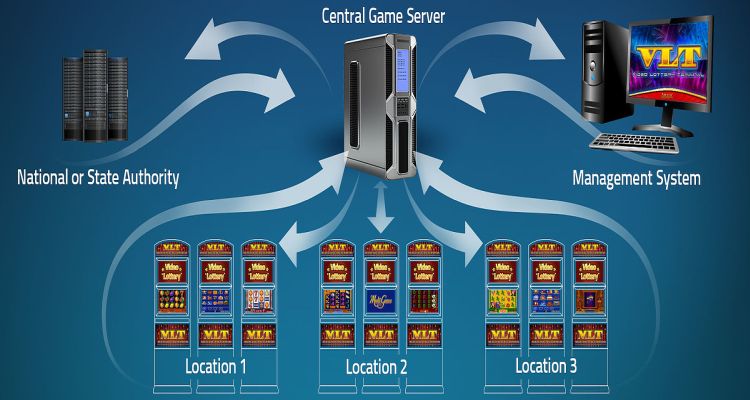The Atlantic Lottery Corporation and others could be facing a lawsuit brought by two disgruntled players after a class action proposal was certified by Supreme Court of Newfoundland and Labrador Justice Alphonsus Faour.
The pair claim “deception and misrepresentation in the offering of these games to the public,” and based on an affidavit submitted by a problem gambling researcher from the University of Waterloo, the justice determined there was ‘some evidence’ of such and, “The plaintiffs have persuaded me that their conceptualization of this case is workable, and can be considered on the merits of the case as framed.”
In order to frame their case, counsel for the plaintiffs who are identified in local media as Douglas Babstock of Mount Pearl, and Fred Small of Gander, relied on “the Statute of Anne, 1710” otherwise known as the “Gaming Act, 1710”. The 306 year old law allows gambling losers to sue for treble damages of lost money.
Cbc.ca reports that Faour wrote in his decision that: “The defendant rightly points out that the act may not be in force in the province at this time in history. The plaintiffs will have to make the argument for its applicability at trial,”
The case as of October 2014 (201201G2257; 2014 NLTD(G) 114) is indexed as Babstock et al. v. Atlantic Lottery Corp. Inc., the full title includes as many as seven third parties, to wit: Douglas Babstock and Fred Small (plaintiff) v. Atlantic Lottery Corporation Inc./Société de loteries de l’Atlantique (defendant) and VLC, Inc. (first third party), IGT-Canada Inc. (second third party), International Game Technology (third third party), Spielo International Canada ULC (fourth third party), GTECH Corporation (fifth third party), Tech Link International Entertainment Limited (sixth third party) and HI-TECH Gaming.com Ltd. (seventh third party)
According to patientinjurylaw.ca, the class action is on behalf of all residents of Newfoundland and Labrador who have gambled on video lottery terminals. The site goes on to state that: “Video lottery terminals, or VLTs, are a form of continuous electronic gambling. They differ from lotteries in that they are electronically programmed to create cognitive distortions of the perception of winning. These cognitive distortions are intended to keep the consumer engaged and losing money. The class action claims that VLTs are inherently deceptive, inherently addictive, and inherently dangerous when used as intended.
Plaintiffs believe that Atlantic Lotto knows or ought to know that VLTs are inherently deceptive, inherently addictive, and inherently dangerous when used as intended.”
In the U.S. the Nevada Gaming Commission dealt with a possibly similar issue in 1988/1989 wherein 3-reel slots had been programmed to show high paying symbols on the pay line in non-winning combinations. This ‘made people think’ they might win on the next pull, or that the machine was ‘getting hot’. In one case it was accomplished by placing 12 blanks on a reel above the high paying symbol and 7 blanks below. The slot software used 32 stops on reels with 22 physical symbols. The practice was ruled unfair and the ‘clustering’ technique has been banned in Las Vegas and the rest of Nevada since that time.
It is currently unclear what sort of evidence the plaintiffs intend to introduce that would buoy their claim that the VLT’s are programmed to create cognitive distortions and the ‘perception of winning’. It would seem an argument of bells and whistles, low paying bonus rounds, or low variance machines that return a lot of small wins over time with rare jackpots would fall short.
If plaintiffs are able to convince the court at trial that the more than 300 year old law should be in force, the trial could go forward. The first stage of certification was argued in June of 2014 with plaintiffs winning on the question of whether a cause of action is disclosed. The judge in that case released his decision in October 2014.



